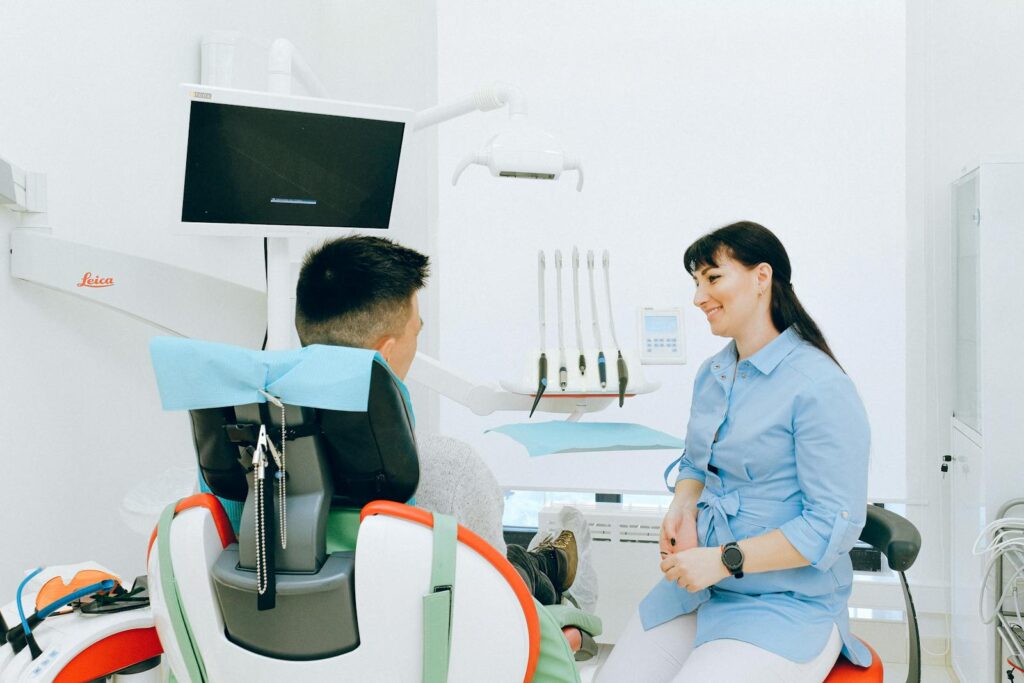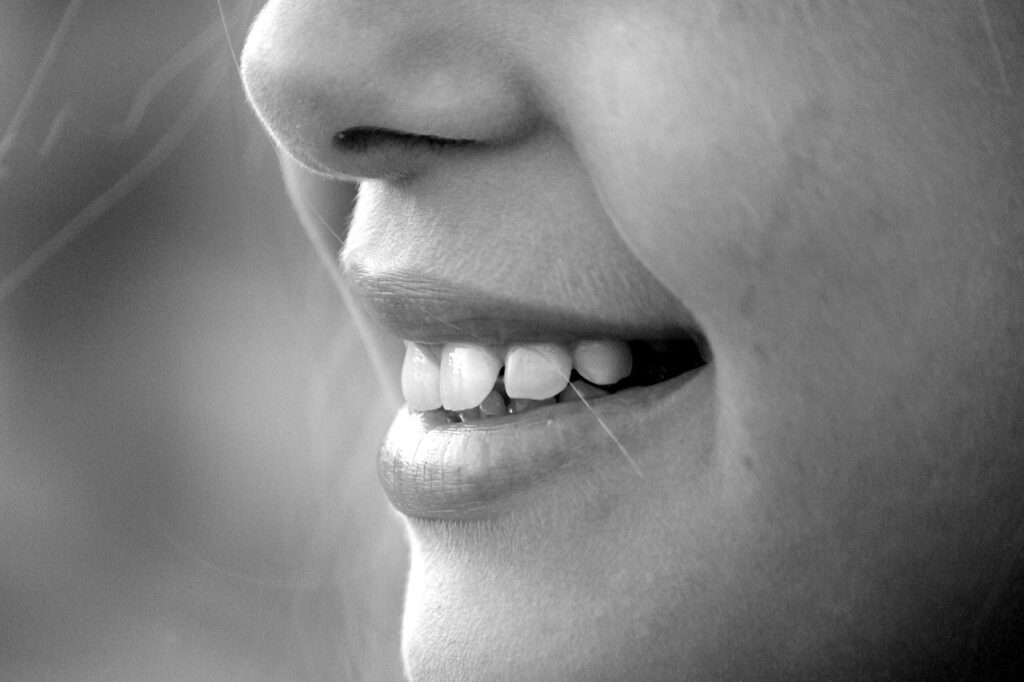When it comes to the human body, our ability to heal and regenerate is truly remarkable. However, when it comes to our teeth, the story is a bit different. Unlike bones or skin, teeth have a limited capacity for self-repair and regeneration. This can be particularly distressing when we experience dental damage or decay, leading to concerns about whether our teeth can heal naturally. The simple truth is that while teeth have some natural defenses and minor reparative abilities, significant damage usually requires professional intervention.
A Dentist’s Perspective
Our teeth are incredibly resilient structures, but they do have their limitations. Teeth cannot repair or regrow themselves in the way that many other body parts can. Once a tooth is damaged, whether through decay, fracture, or wear, it does not regenerate new tissue.
Enamel
The outermost layer of your teeth, enamel, is the hardest substance in the human body. However, once enamel is damaged, it cannot regenerate. This is why cavities, once formed, require professional intervention. The loss of enamel leaves the underlying layers vulnerable to decay and damage.
Dentin
Beneath the enamel lies dentin, a living tissue that contains microscopic tubules. While dentin cannot fully regenerate, it does possess a remarkable ability to repair itself to a certain extent. This is why dental fillings are often used to protect exposed dentin from further decay and to restore the tooth’s structure.
Pulp
At the core of the tooth, the pulp contains nerves, blood vessels, and connective tissue. Although the pulp cannot regenerate, advancements in dental technology allow for pulp therapy in certain cases to save the tooth. Procedures such as root canal therapy can remove infected pulp tissue, disinfect the tooth, and fill it to prevent further damage, preserving the tooth’s function and integrity.
Why You Shouldn’t Try Home Remedies
It’s tempting to turn to home remedies for quick fixes when dealing with dental issues. With the abundance of online advice and DIY solutions, it might seem convenient and cost-effective to tackle dental problems at home. However, relying on home remedies can often do more harm than good. Here’s why:
Ineffectiveness
Home remedies often lack the scientific backing and efficacy of professional dental treatments. While they might provide temporary relief, they rarely address the root cause of the problem. For instance, using baking soda for whitening can only remove surface stains but won’t tackle deeper discoloration or underlying decay.
Potential Harm
Many home remedies involve substances or techniques that can damage your teeth and gums. For example, acidic items like lemon juice or vinegar can erode enamel, leading to increased sensitivity and a higher risk of cavities. Abrasive materials like charcoal can wear down enamel, causing irreversible damage.
Incomplete Solutions
Dental issues are often more complex than they appear. A cavity, for instance, might seem like a simple hole in your tooth, but it can lead to infections and more serious health problems if not treated properly. Home remedies might mask symptoms but won’t provide the comprehensive care needed to fully address the issue.
Risk of Infection
Improper handling of dental problems at home can increase the risk of infection. Using unsterilized tools or applying inappropriate substances can introduce bacteria to the affected area, worsening the condition and potentially leading to severe infections that require extensive treatment.
Delay in Proper Treatment
Relying on home remedies can delay you from seeking professional dental care, allowing the problem to worsen over time. What might have been a simple filling could turn into a more complicated procedure like a root canal or even tooth extraction if not addressed promptly.
Lack of Professional Supervision
Dentists are trained to diagnose and treat dental issues accurately and safely. Home remedies lack the benefit of professional supervision, which means there’s no way to ensure they are being applied correctly or effectively. Professional treatments are tailored to your specific needs, ensuring optimal results.

How Cosmetic Dentistry Can Help
Cosmetic dentistry offers a range of solutions to restore and enhance the appearance of your teeth, even when self-repair isn’t an option. Procedures such as veneers, crowns, and bonding can effectively address issues like chips, cracks, discoloration, and gaps. Professional teeth whitening can safely and significantly improve the brightness of your smile. Additionally, advanced treatments like dental implants can replace missing teeth, restoring both function and aesthetics. Cosmetic dentistry not only improves the appearance of your teeth but also boosts your confidence and overall well-being.
Experience the difference of professional dental care. Schedule a visit with Dr. Varun for a healthier, happier smile. After we complete your procedure, any issue will be virtually undetectable. Additionally, we’ll guide you through your options and explore the optimal solution for your problem. We’ll also discuss preventive measures to avoid future dental issues. 🦷👨⚕️.

